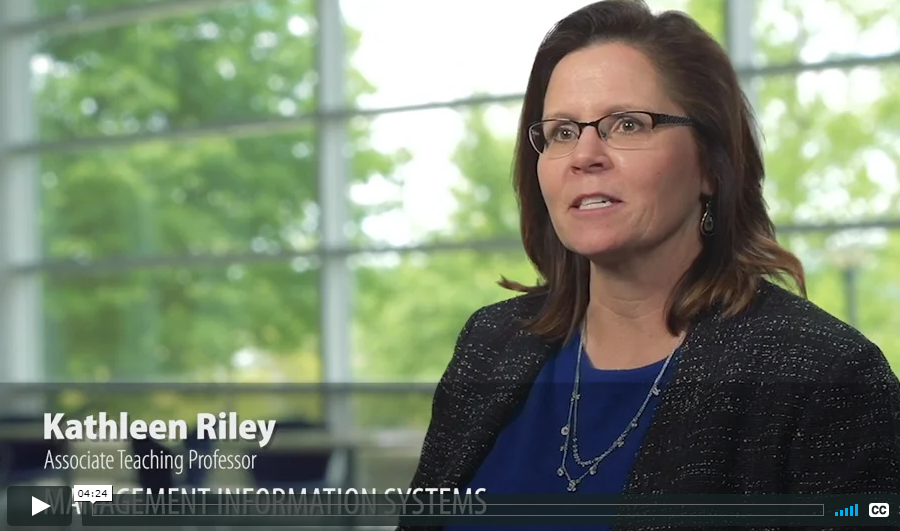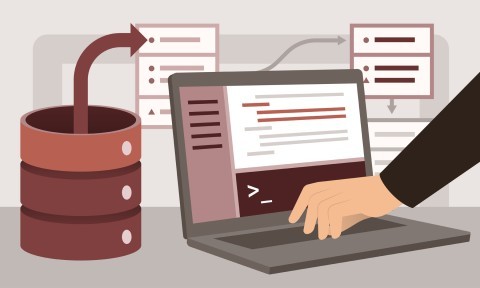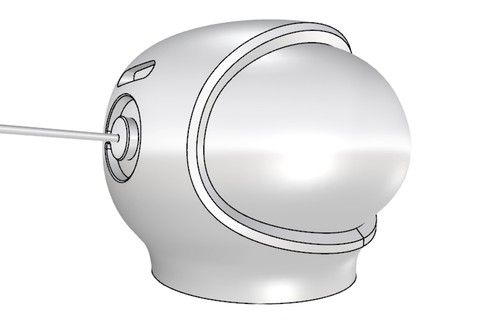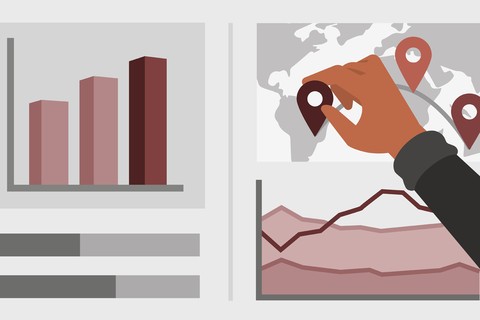The Management Information Systems (MIS) major focuses on technology-supported techniques for exploring, analyzing, integrating, and reporting business data to facilitate fact-based decision-making and enterprise-wide management. You will develop proficiency in business analytics, competency in systems analysis and design, and mastery of core business processes.
MIS graduates are well prepared for careers in industry, consulting, and government sectors as business analytics specialists and systems analysis professionals. Companies recruiting MIS majors represent both the services sector (consulting, retailing, and health care industries) and the manufacturing sector (especially computer, aerospace, pharmaceutical, electronics, petrochemical, auto, food, and consumer products industries). Entry-level MIS jobs have titles such as Management Consultant, Business Analyst, IT Consultant, Systems Analyst, Information Security Analyst, IT Security Manager, Business Process Analyst, etc.
For more information about the Management Information Systems, visit:
Smeal Majors: undergrad.smeal.psu.edu/majors/management-information-systems
Academics & Advising: ugstudents.smeal.psu.edu/academics-advising/information-on-smeal-majors/management-information-systems
Major Sustainability: majorsustainability.smeal.psu.edu/
To learn more about student organizations related to your major and/or interests, visit ugstudents.smeal.psu.edu/student-organizations.
































